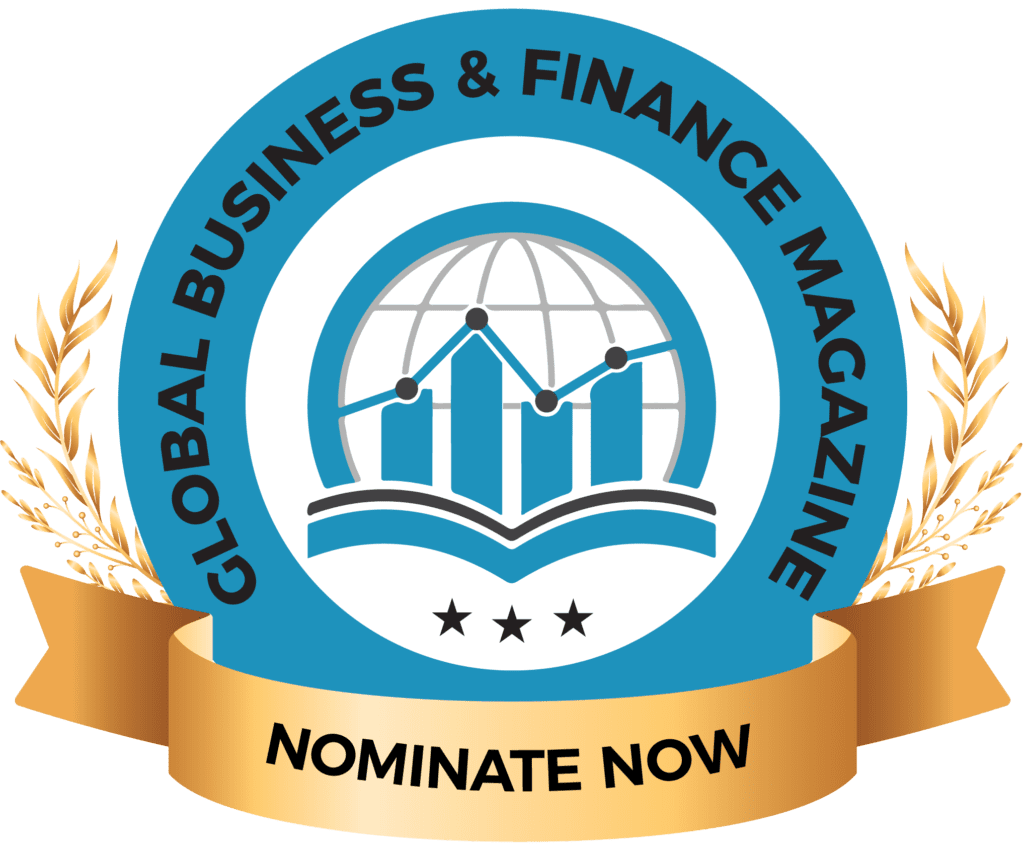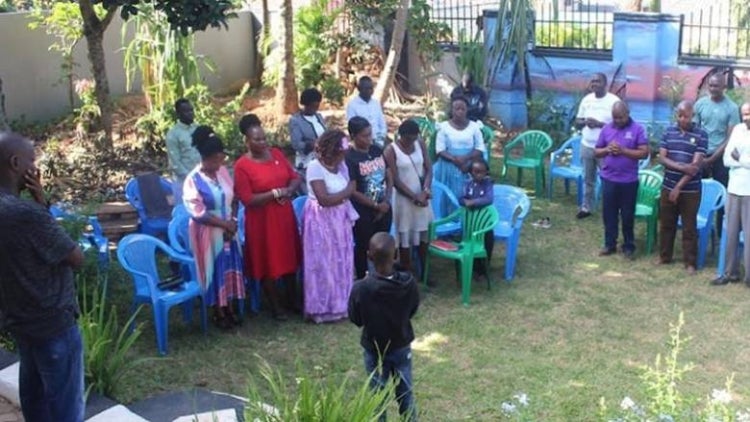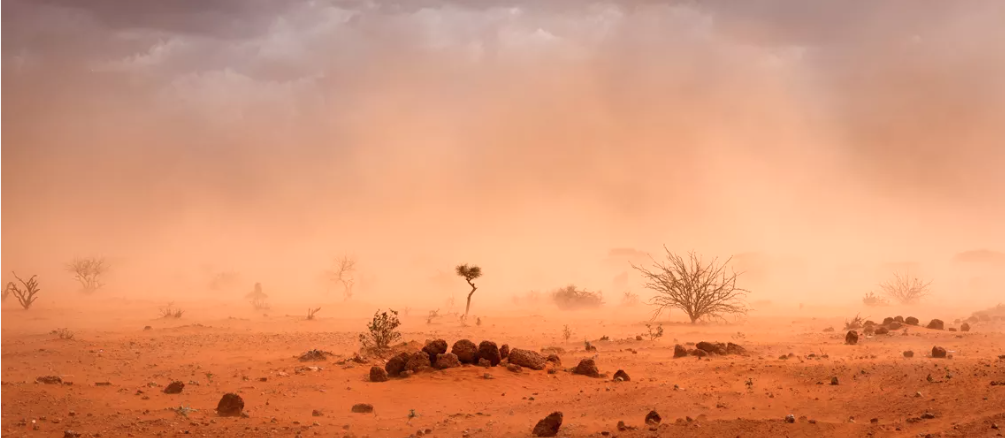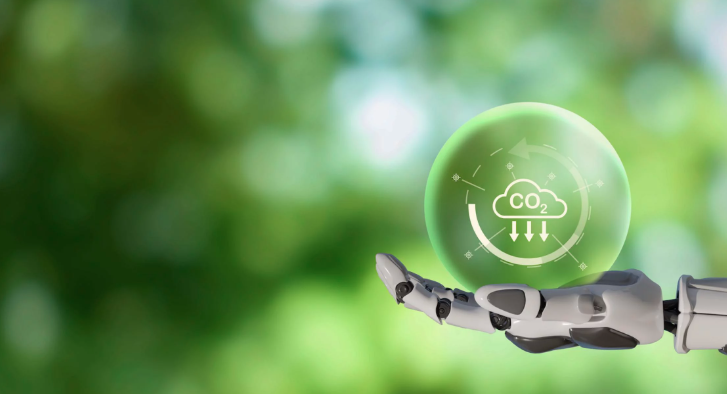In 2021, the Nile Basin Discourse (NBD) program, with the support of the CIWA Program, empowered women and youth to become resilient Climate Change Champions. This training had a major positive effect on the lives of its participants, as exemplified by the story of Asia Namusoke. Asia found her training inspiring, prompting her to create small, but smart innovations that are transforming the lives of the women and youth in her low-income community on the outskirts of Kampala, Uganda.
The Ugandan village of Ndejje, north of Kampala, is poor, has many people living with HIV/AIDS, and lacks the resources for climate-smart agriculture to sustain livelihoods and protect the environment.
Asia Mbajja Namusoke aims to change that.
With support from CIWA, the Nile Basin Discourse trained Namusoke and other women as Climate Change Resilience Champions two years ago. She has put her knowledge to good use ever since, developing programs to inspire and provide a lifeline to others in Ndejje and beyond.
For example, the training taught her the importance of planting trees, flowers, spices, and vegetables that are climate resilient.
“Light came into darkness” during the training, Namusoke says.
“I realized that there were small actions one could do to make a difference.”
“The training to work with communities to promote sustainable agriculture was really inspiring,” says Namusoke, who also is founder of the People in Need Agency (PINA), a non-profit organization that helps HIV- positive women and youth play a key role in improving their lives and communities.
Her projects are especially empowering to women in her community, many of whom have faced gender-based violence (GBV) and are HIV-positive. To address challenges faced by women and others, Namusoke explains, “I set up a demonstration income- generating and environment-friendly project comprising urban vegetables, rabbit-rearing, beekeeping, a waste recycling center, and a black soldier fly rearing operation for alternative animal protein and high-value crop fertilizer.”
The larvae of black soldier fly insects can convert organic waste into high-quality nutrients for pet food, fish, and poultry feed and even soil fertilizer. Twenty-eight families have now created their own vegetable gardens, 14 families are rearing rabbits, 11 are growing maggots, and 10 have set up beehive apiaries in their yards. The beauty of Namusoke’s projects is that they have a range of benefits from food security to climate change mitigation and better health outcomes.
A woman who makes honey from her beehives, for example, can sell the product in the local market and generate income.
“This person can then keep her clinic appointment to obtain life-saving medicine because now she can afford transportation to the clinic,” Namusoke says.
“We work under the principle that the Sustainable Development Goals are integrated—they recognize that action in one area will affect outcomes in others, and that development must balance social, economic, and environmental sustainability.”
For example, she says, “if you have food in the compound that was grown using sustainable principles, you can achieve the climate aspect of it and the food security aspect of it, too.”
“The innovation is designed to strike a balance between therapeutic and profitable goals, which are the two key pillars of our income-generating project, ” she says. “Community members are engaged as waste collectors, project staff, [and] in marketing and sales, and are assisted to start project-related businesses in their homes and communities.”“This allows them to occupy their time, earn a living, learn skills, and also help with climate and environmental protection efforts, ” she says. Her community, like many throughout Africa, is ill-equipped to cope with climate shocks. “When it rains, sometimes it floods, and then droughtmay occur, ” she says. “We don’t have the capacity or resources to irrigate the fields, ” which leaves residents vulnerable to variable and unpredictable rainfall.At the CIWA-supported training, Namusoke learned that each community is required to have a water management committee. She met with village leaders and convinced them to form such a committee, and it is now educating residents to stop throwing garbage into drainage systems and to remove dirty bottles and other waste from water points to prevent contamination. The committee has also placed garbage collection bins throughout the community and is encouraging people to recycle.Namusoke hopes one day to establish regional climate change training centers.“There is so much to learn,” Namusoke says. “Then you can really transform your community. ” She adds, “Climate change resilience begins at home.”
Source : Worldbank






